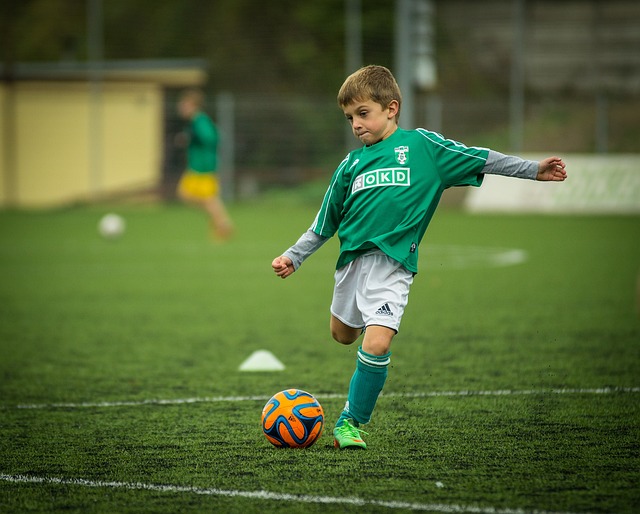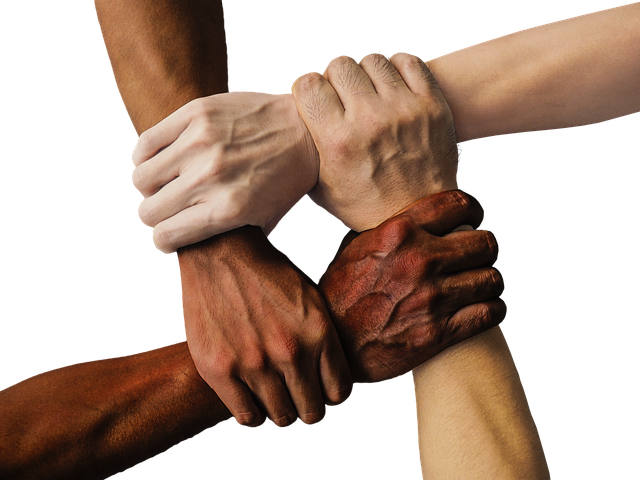The Power of Community: How Player Groups are Shaping the Gaming World
In the vast universe of gaming, where virtual landscapes intertwine with boundless creativity, the sense of community is becoming an undeniable force. At the heart of this phenomenon lies the concept of the player group—a gathering of enthusiastic individuals unified by a shared passion for games. These groups are not just collectives of players; they are the lifeblood of esports and gaming culture, transforming how we engage with our favorite titles and each other.
The Rise of Player Groups
As gaming has evolved, so too have the communities that form around it. Once, players were solitary adventurers navigating pixelated realms on their own. Now, they band together in player groups that enhance their gaming experiences through collaboration, competition, and camaraderie. Whether it’s teaming up for a raid in a massively multiplayer online game (MMO) or strategizing real-time tactics in a competitive esports setting, these groups create a support system that elevates not only individual performance but the overall experience of the game.
Building Bonds through Shared Experiences
Games often serve as a bridge for building relationships. Many friendships are forged in the heat of battle or during late-night gaming sessions. Groups immerse themselves in the game’s lore, strategies, and updates—creating a dynamic environment where players can learn and grow together. This communal spirit not only increases the enjoyment of the game itself but also fosters a deeper connection among players.
The Impact of Esports and Competitive Gaming
The phenomenon of esports has thrown a spotlight on player groups like never before. Professional teams are comprised of skilled players who have often been friends for years, honing their skills together to achieve greatness in competitive arenas. These teams, and the broader communities supporting them, illustrate how player groups can transform simple gaming into thrilling spectacles that capture the world’s attention.
Esports organizations frequently host tournaments, bringing together not just players, but communities that rally behind their favorite teams. Spectators develop loyalties, sharing in the triumphs and defeats that come with the competitive spirit. The excitement of watching a tournament stream is palpable, with communities buzzing in forums and chat rooms, showcasing the powerful synergy between players and observers.
A Safe Space for All
The rise of player groups has also led to the emergence of more inclusive gaming environments. Many communities actively promote diversity and inclusion, ensuring that all voices are heard and everyone feels welcome. This commitment helps to establish a safe space for players, encouraging them to express themselves freely and connect with others, regardless of background or gaming skill.
These inclusive communities are vital in creating a positive gaming culture. They empower individuals, promote teamwork, and celebrate achievements, fostering an environment where everyone can thrive. As player groups become more accessible and diverse, they lay the groundwork for a richer gaming world—one that is collaborative and uplifting.
Conclusion
As we witness the evolution of gaming and esports, it’s clear that player groups are at the forefront of this cultural shift. They redefine how players interact with one another and the games they love. In doing so, they create communities that are not only entrenched in shared interests but also brimming with camaraderie and passion. The power of community is undeniable, and as we look toward the future, we can only anticipate the exciting developments that lie ahead in the gaming world.




